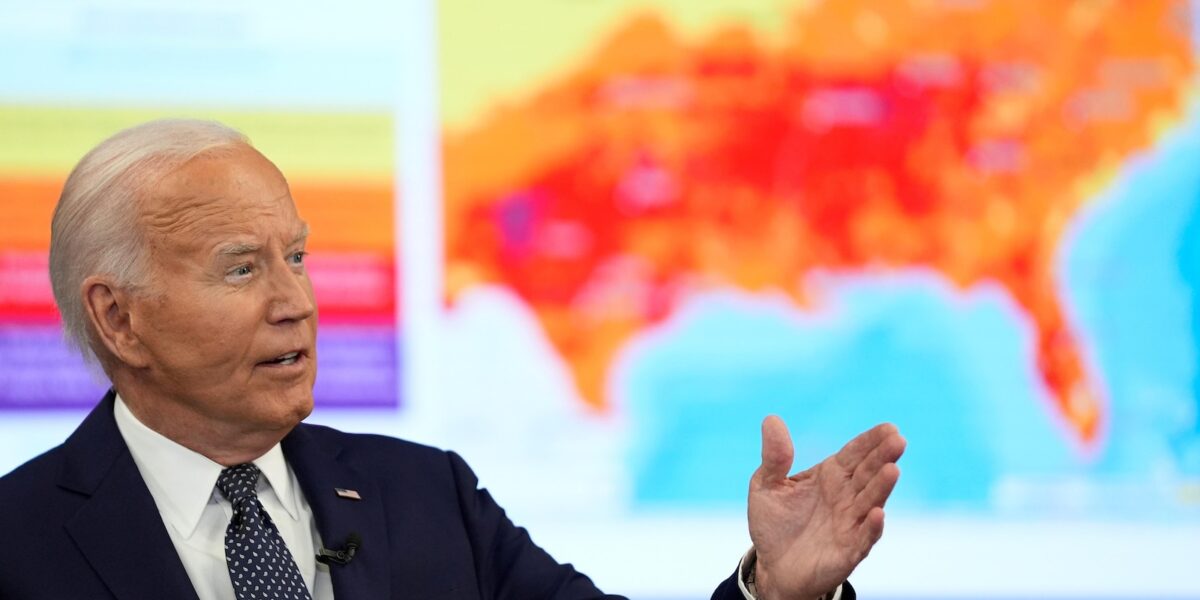WASHINGTON — A House Democratic lawmaker has become the first in the party to publicly call for President Joe Biden to step down as the Democratic nominee for president, citing Biden’s debate performance against Donald Trump failing to “effectively defend his many accomplishments.”
Rep. Lloyd Doggett of Texas said in a statement Tuesday that Biden should “make the painful and difficult decision to withdraw.”
“My decision to make these strong reservations public is not done lightly nor does it in any way diminish my respect for all that President Biden has achieved,” Doggett said. “Recognizing that, unlike Trump, President Biden’s first commitment has always been to our country, not himself, I am hopeful that he will make the painful and difficult decision to withdraw. I respectfully call on him to do so.”
Doggett, who represents an Austin-based district and is serving his 15th term in Congress, is the first sitting lawmaker in his party to publicly state what many have been privately whispering behind closed doors since last week’s debate. Biden’s weak performance caused an immediate panic among even his most ardent supporters, leading many to question whether the 81-year-old career politician is the strongest Democratic candidate to take on Trump, the presumptive Republican presidential nominee, in November.
Beyond the White House, control of both chambers of Congress is also hanging in the balance in November, and Democrats find themselves defending far more Senate seats than Republicans.
Doggett’s explosive statement came minutes after former House Speaker Nancy Pelosi, D-Calif., told MSNBC on Tuesday that she believes “it is a legitimate question” whether Biden’s halting performance is just “an episode or is this a condition.”
“When people ask that question, it’s legitimate — of both candidates,” Pelosi said.
Pelosi said she had not spoken with Biden since the debate, but she emphasized that the president is on “top of his game, in terms of knowing the issues and what is at stake.”
___
Associated Press writers Kevin Freking and Stephen Groves contributed to this report.


